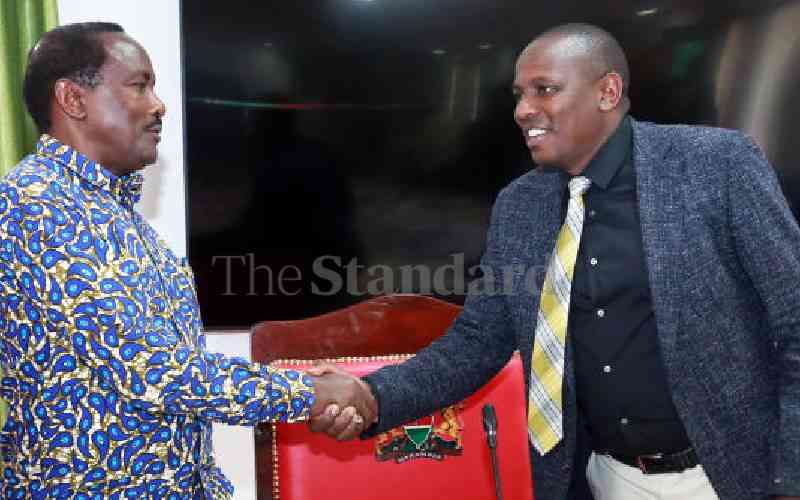×
The Standard e-Paper
Kenya’s Boldest Voice

President William Ruto and his Kenya Kwanza administration will most likely reap more dividends from the constitutional reforms talks than Raila Odinga's Azimio la Umoja One Kenya coalition.
Political analysts argue that most of the key proposals on the agreed agenda favour the Kenya Kwanza side apart from the reconstitution of the Independent Electoral and Boundaries Commission (IEBC).